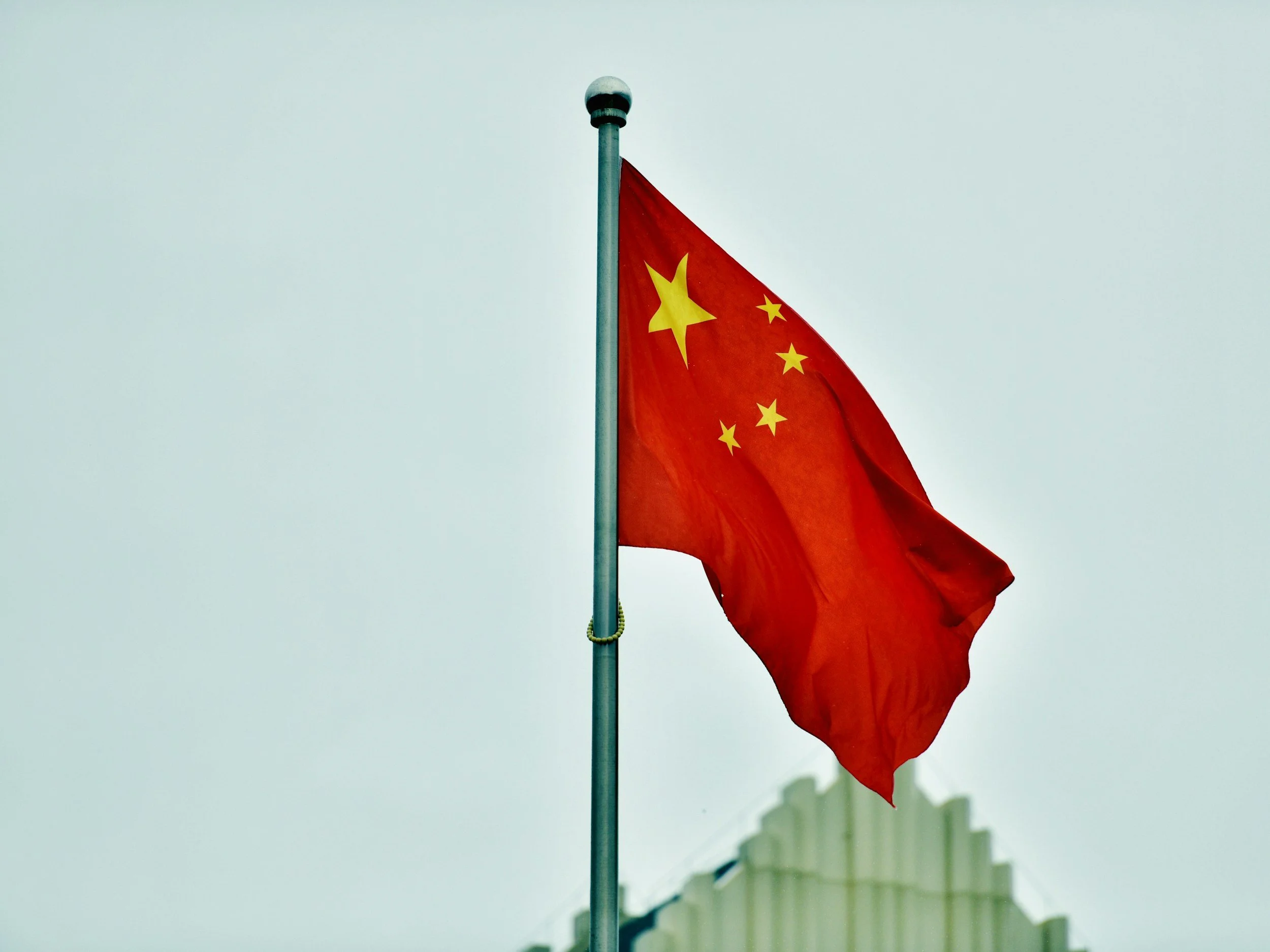As the recent Republican and Democratic National Conventions made clear, the 2024 U.S. presidential election is less about policy than it is about vibes. To be sure, the Republicans and Democrats stand for starkly different approaches to welfare, immigration, abortion, taxation, climate change, and gun control. Yet despite the two leading candidates being a former president and a serving vice president, their policies on China remain rather uncertain. This is important because the U.S. approach to the People's Republic of China will in large part determine its policies on trade, defense, intelligence, and foreign assistance, as well as regional policies toward the Indo-Pacific, Russia, Europe, and the Global South.
For context, the United States has undergone a major shift over the past eight years in its approach to China. Under the administrations of George W. Bush and Barack Obama, the United States often attempted to prioritize engagement and cooperation with Beijing. But China's more aggressive posture and economic rivalry prompted a shift under the presidencies of both Donald Trump and Joseph Biden. Today, there is a broad-based recognition that the dynamics between Washington and Beijing are primarily competitive.
The Trump administration initiated this shift in late 2017, imposing tariffs, closing consulates, and strengthening cooperation with allies and partners in the Indo-Pacific, including the Quad. The Biden administration built upon these changes after 2020 by adding institutional structure; consolidating security relations with Japan, South Korea, Australia, the Philippines, and India; and maintaining a competitive posture in trade and multilateral negotiations. In large part, both were motivated by Beijing's more aggressive approach to Taiwan, Hong Kong, and the South China Sea; its handling of the Covid-19 pandemic; its massive military build-up; its "wolf warrior" diplomacy; and greater state control over the Chinese economy.
Despite the consolidation of this new China consensus among U.S. policymakers from both parties, some uncertainties linger about the approach of the next U.S. administration. Trump's foreign policy and national security advisors consist of at least three groups. The first include more traditional China hawks who see conflict in ideological and global terms. The second are those who believe the United States should shift its focus and resources from Europe to the Indo-Pacific in response to the growing China threat. The third include political loyalists to Trump who sometimes favor a more "America-first" approach, one that lowers the priority on diplomacy and partnerships around the world. But there is a fourth group, the investor community, that also includes some major financial donors to Trump's campaign. This group often advocates for better U.S.-China ties and believes the United States should acquiesce to some of Beijing’s demands. Trump's shifting position on TikTok — owned by Chinese company ByteDance — is a case in point. It will be important to see how these competing voices jostle for position in a potential second Trump administration.
On the Democratic side, Vice President Kamala Harris — despite pledging at the DNC to win "the competition for the twenty-first century" with China — brings less foreign policy experience to her candidacy than Biden. Even as he delegated important political and domestic matters to others, Biden retained a firm focus on foreign policy, along with a small cluster of key advisors who are unlikely to remain in a Harris administration. The degree to which Harris — as president — would draw upon Biden administration officials (many of whom remain intensely skeptical of China's intentions), or traditional Democrats from the Obama and Clinton years (who favor a less competitive approach), remains to be seen. Moreover, Harris will have to renegotiate Biden’s informal compact with the progressive wing of the Democratic party, who – until the outbreak of the war in Gaza last October – had been largely satisfied with Biden's handling of foreign policy in exchange for his embrace of their climate and social agendas.
In sum, despite an otherwise polarized political environment in the United States, and seasoned presidential candidates, both major parties' internal differences on China are yet to resolve themselves. The implications are potentially enormous, including for the U.S. approaches to ongoing conflicts in Europe and the Middle East and for rising tensions in the western Pacific. How and to what degree the United States opts to compete with China will also have domestic ramifications, including for its industrial, trade, and technology policies as well as immigration. These debates among Republicans and Democrats in the run up to — and aftermath of — this November's elections are worth closer observation.
Dhruva Jaishankar is Executive Director at ORF America.

